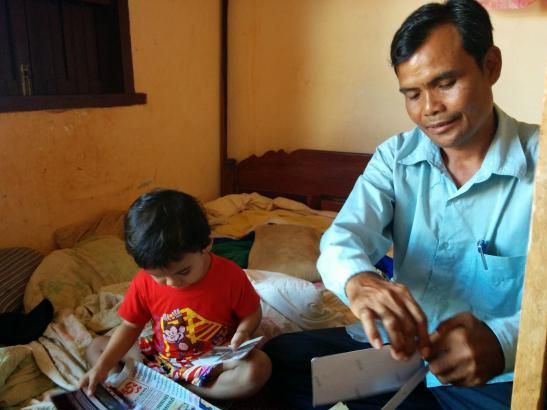Dying to Save Cambodia's Rainforests
Saul Elbein
Grantee Saul Elbein reports that in remote forests around the world “a rising boom in the illegal sale of wood, land, and minerals has turned the environmental beat into a new sort of conflict journalism. Since 2005, 40 journalists around the world have died while reporting these stories, more than all of the journalists killed covering America's war in Afghanistan.” Many of those killed are like Cambodia’s Taing Try, Elbein writes—“largely independent, poorly educated, untrained, and despised by their nations’ Establishment Media. Reporting on a violent, corrupt frontier, they are never sure when they’ll cross a line and end up dead.”
The People in Retreat
Ian Johnson and Sim Chi Yin
Her films are banned, her fellow intellectuals under arrest. “A lot of people have retreated from engaging with society,” Chinese activist Ai Xiaoming tells grantee Ian Johnson. “Right now, walking straight ahead means walking straight to jail.”
Baghdad, New Orleans
Paul Kramer
Did the unprecedented deployment of National Guard units to Iraq leave states unprepared to respond to natural disasters? Grantee Paul Kramer explores the consequences after Hurricane Katrina struck New Orleans.
